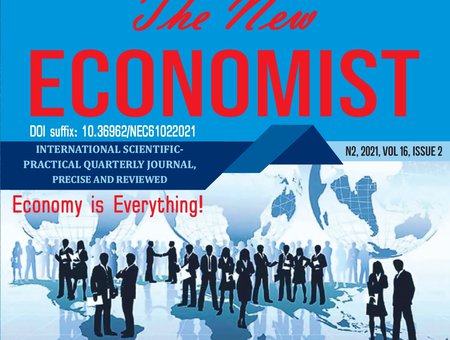The article analyzes the early effects of the COVID_19 pandemic on the Georgian real estate market. There are studies examining the impact of health deterioration and pandemic shocks on housing markets. Based on the analysis of the economic consequences caused by similar events in the past and the tools of state regulation in a crisis situation, parallels are drawn with the modern Covid pandemic. In studying the crisis situation in the real estate market, we also rely on the experience of the global financial crisis of 2007-2008, which is most often associated with the current situation. The research is mainly based on the data of the Georgian Public Registry on the real estate market, which is updated by months. The article also discusses the role and importance of government decision-making in the development business, which has helped the real estate market to some extent.
Crises are particularly damaging to the construction and real estate sectors, but we also expect that the real estate market will recover rapidly with the lifting of restrictions. This is based on the recent experience of Georgia, in particular, our simultaneous analysis of the results of the first wave of the COVID_19 pandemic. The situation was different during the crisis of 2007-2008, which was accompanied by war with Russia. Then the turn over of the construction sector decreased by 12% per year and it took about three years for the market to fully recover. At the same time, before 2008, the prices in the real estate market were very high, which confirmed the existence of a real estate “bubble”. In modern conditions, it is difficult to talk about the existence of a “bubble”, because before the pandemic real estate prices were balanced and stable. This fact allows for additional optimism.
The paper summarizes the main findings, identifies all the challenges the market are facing and also provides relevant recommendations for market participants.



